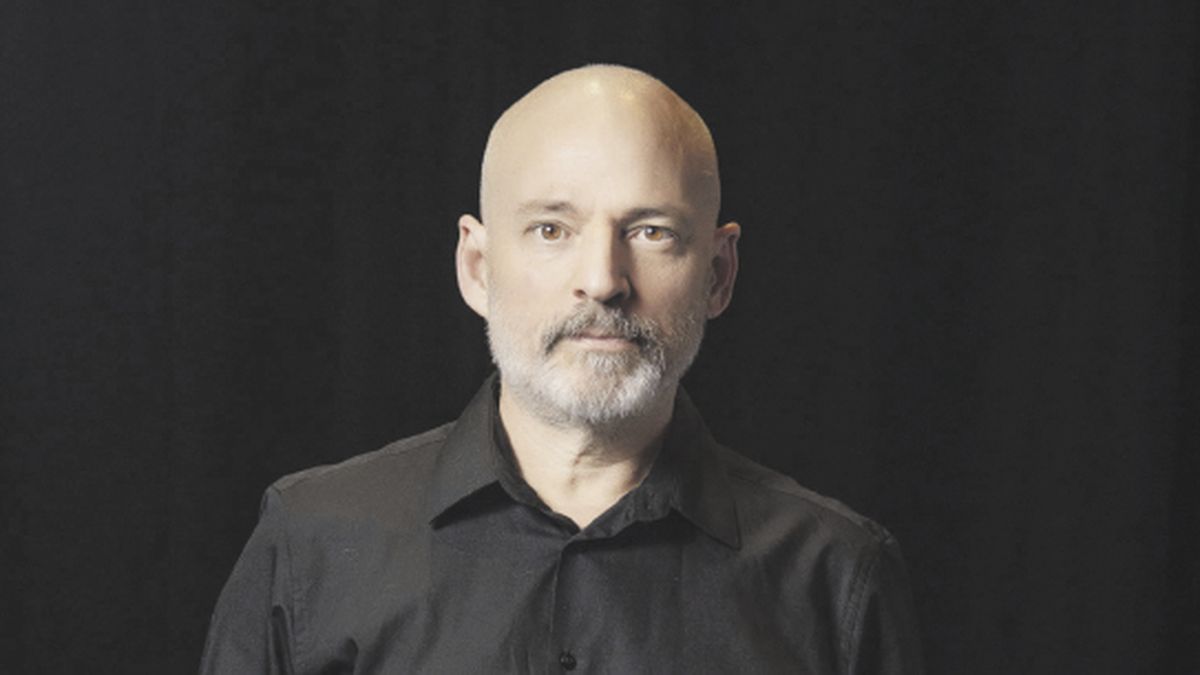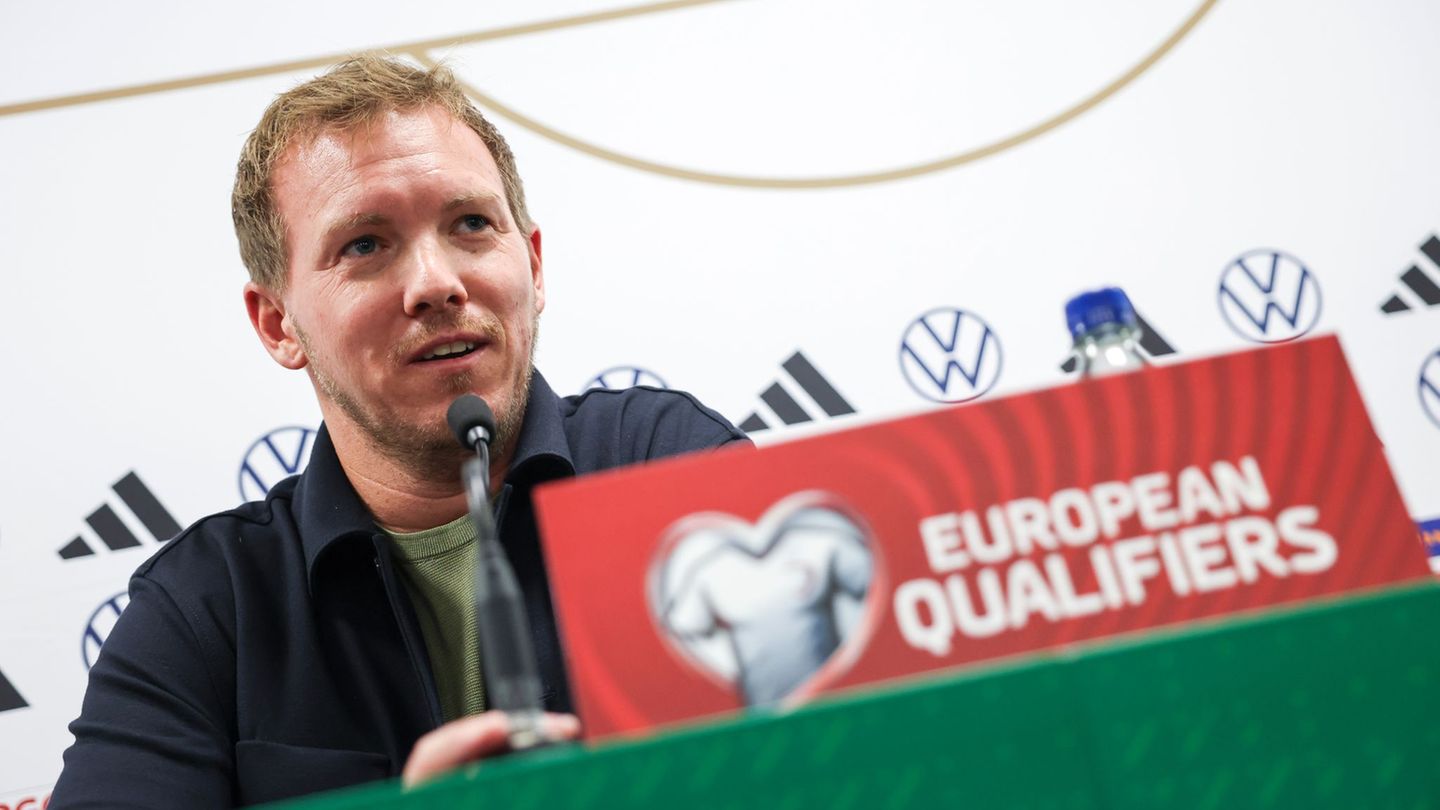“In the work there is a very Argentine longing, Perón, Reutemann, Monzón and even Migré’s soap opera ‘Pobre Diabla’ appear,” says Mario Segade, author and director of the play “Catarro” that premieres next Monday in El Shed. With performances by Abian Vainstein, Maite Velo and Vanina Montes, it tells of a couple’s failed vacation in the summer of 1974 in Miramar. The scenery is by Vanesa Abramovich, the costumes by Laura Singh; the video creation, original music and sound design by Matias and Juan Ignacio Guerra, and the choreography by Diego Rosental. We dialogue with Segade.
Journalist: Why did you place the story in Peronism prior to the ’76 Coup?
Mario Segade: There is something from that summer of 1974, before Perón’s death. The most traditional characters, Roberto, a fifth-grade government official, and Angela, are both immersed in the novels of the time.
Q: Why this story? What themes does the work address?
MS: I don’t know why the story or the themes, I don’t set out to do that when writing theater, they are images that are very impregnated in me. He was very little, he was 6 years old when Perón died and I remember the body search, and apparently something remained. The themes appear when you do a reading that I am not interested in doing much in the theater, what is it about, it is a reading that we creators should not respond to, I do not intend to write about Peronism or the dictatorship even if I do, I don’t intend to. I propose a priori but rather I seek to set in motion imaginary beings that develop in a certain political and social context.
Q: It comes from TV, why independent theater?
MS: It is theater, independent makes it a mode of production, it is not a show on Corrientes Street, other types of values and sensibilities come into play, they are stories of invented little people where the plot has little to do with it. It also happens to me with series or movies, the characters, the invented and manipulated lives attract me more than the plots. The theater has always been a place where set theory can be carried forward with more power of realization.
Q.: There is image and sound design for the production, how did you approach it?
MS: It happens in the department that it is not as we can imagine but at the same time it builds that summer in Miramar, there is a video with the audiovisual presentation and what was achieved is very good. They are recorded productions of our actors who seem to act in a soap opera. I feel like there is a lot to like.
Q.: The protagonist watches “Pobre diabla”, what is the intertextuality game like that could even reach you as the author of soap operas?
MS: It has to do with the context of the soap opera of those 70s with the strong emergence of Alberto Migré, where he first appeared in “Rolando Rivas taxista”, then “Pobre diabla” and it also makes a context and period. Added to that summer was a very famous Formula 1 race at the Buenos Aires racetrack where Reuteman went from going first to running out of gas in a tragicomic event in Argentina, and Perón went and still gave him the crown of laurels in a kind of electoral campaign that also makes a link with current events although without looking for it. And the stardom of a young, brilliant Monzón, world champion, promoted by Alain Delon in Paris and the desire to travel there. The couple in our work wants to have a child that they are going to bring from Paris, all collateralities of a very Argentine desire. The soap opera appears and it touches me as an author and consumer of that genre.
Q.: Speaking of soap operas, milestone memories like “I will resist” and “Vulnerables”, where were the vestiges of that fiction? In the series? In the theater? How do you watch TV today?
MS: I cry with this question and it is difficult for me to answer without melancholy because I think that artists are sometimes on the platforms, sometimes in the theater, we have to look for these “sometimes.” TV changed a lot, “I will resist” had 200 or so episodes, “Vulnerables” had 90 and that mode succumbed to streaming, which has many advantages and disadvantages for consumers and audiences who want to see their artists. They leave an active part for those of us who like to look for stories in literature or in theater or cinema or series. I see TV as weak, there is a mode of production that has changed beyond the intentions of Adrián Suar who is still there stubbornly making stories and novels. The channels have abandoned fiction because they went the other way. I would like the platforms to produce more but it is not my place to talk about what needs to be done, I am a doer and as authors and directors we had to change our way of working. Presenting in markets, being up to date and the contents are no longer decided by a director of a channel but by a person or group who live far away and who I don’t know if they know about our idiosyncrasies.
Source: Ambito
I am an author and journalist who has worked in the entertainment industry for over a decade. I currently work as a news editor at a major news website, and my focus is on covering the latest trends in entertainment. I also write occasional pieces for other outlets, and have authored two books about the entertainment industry.




